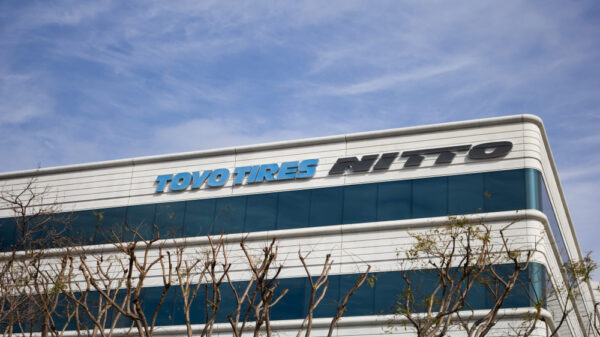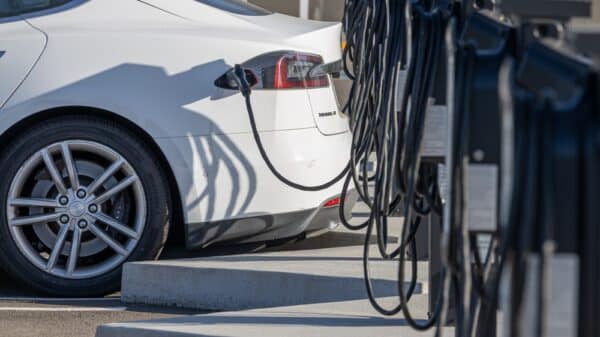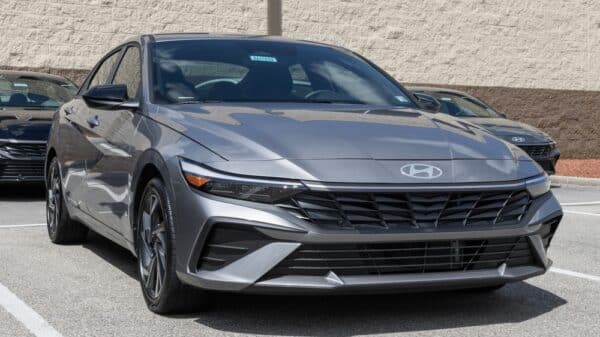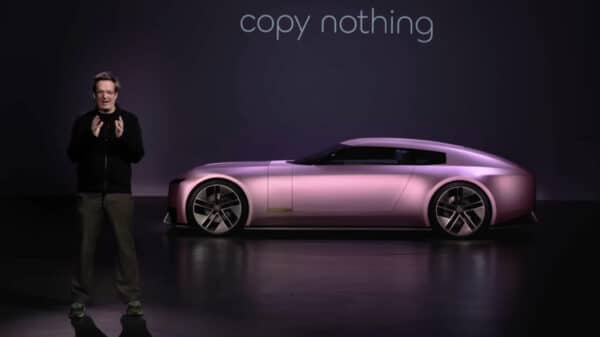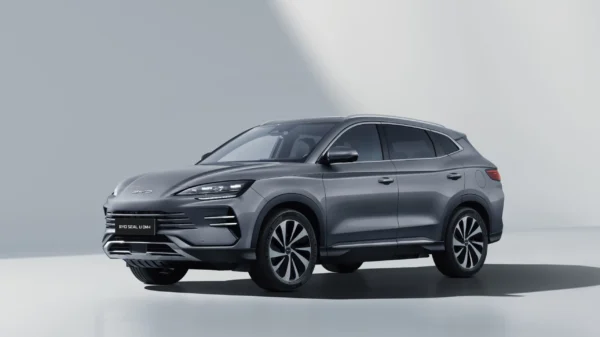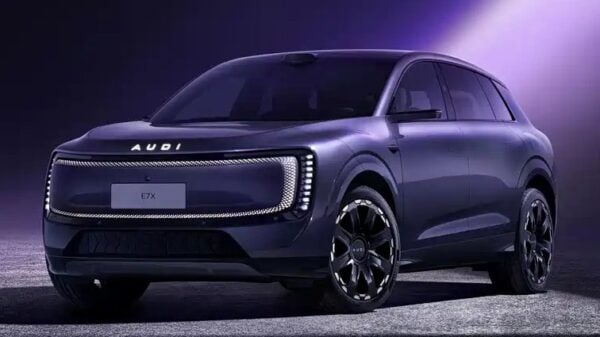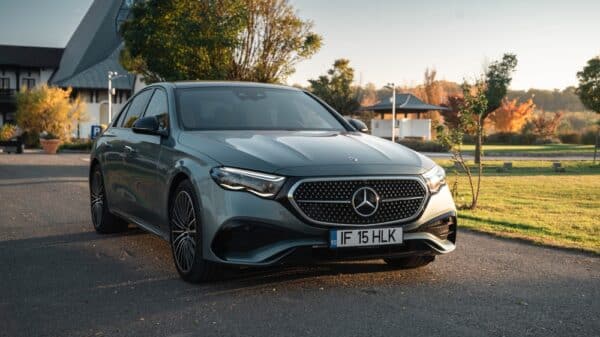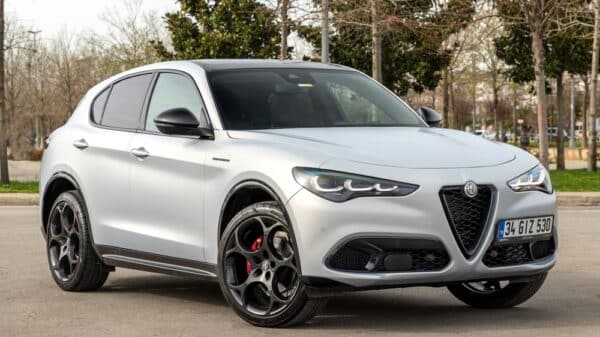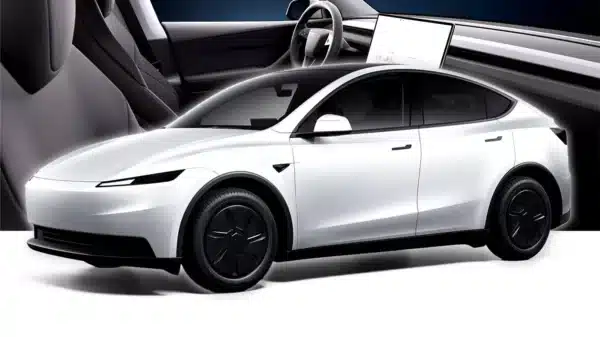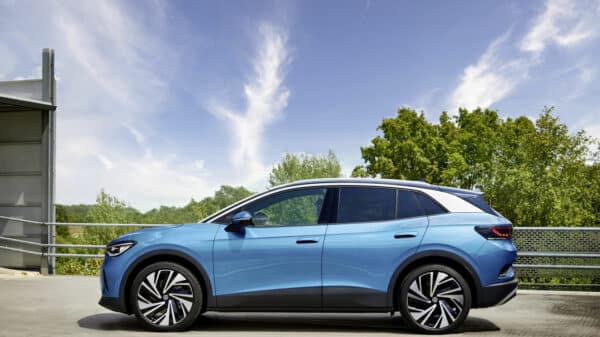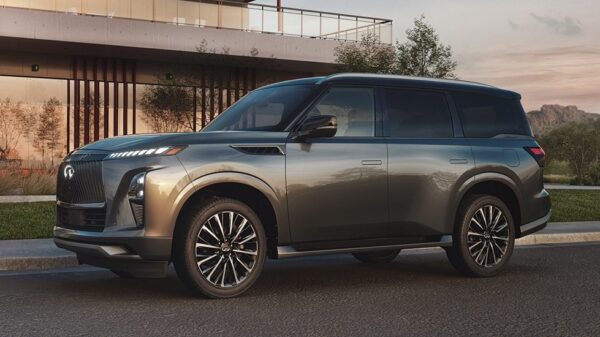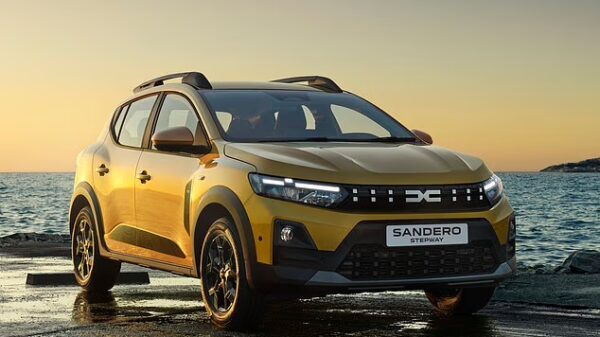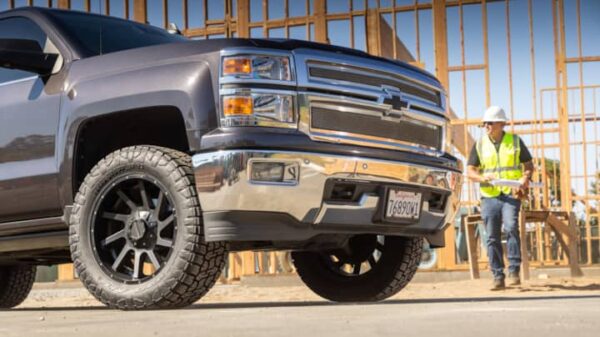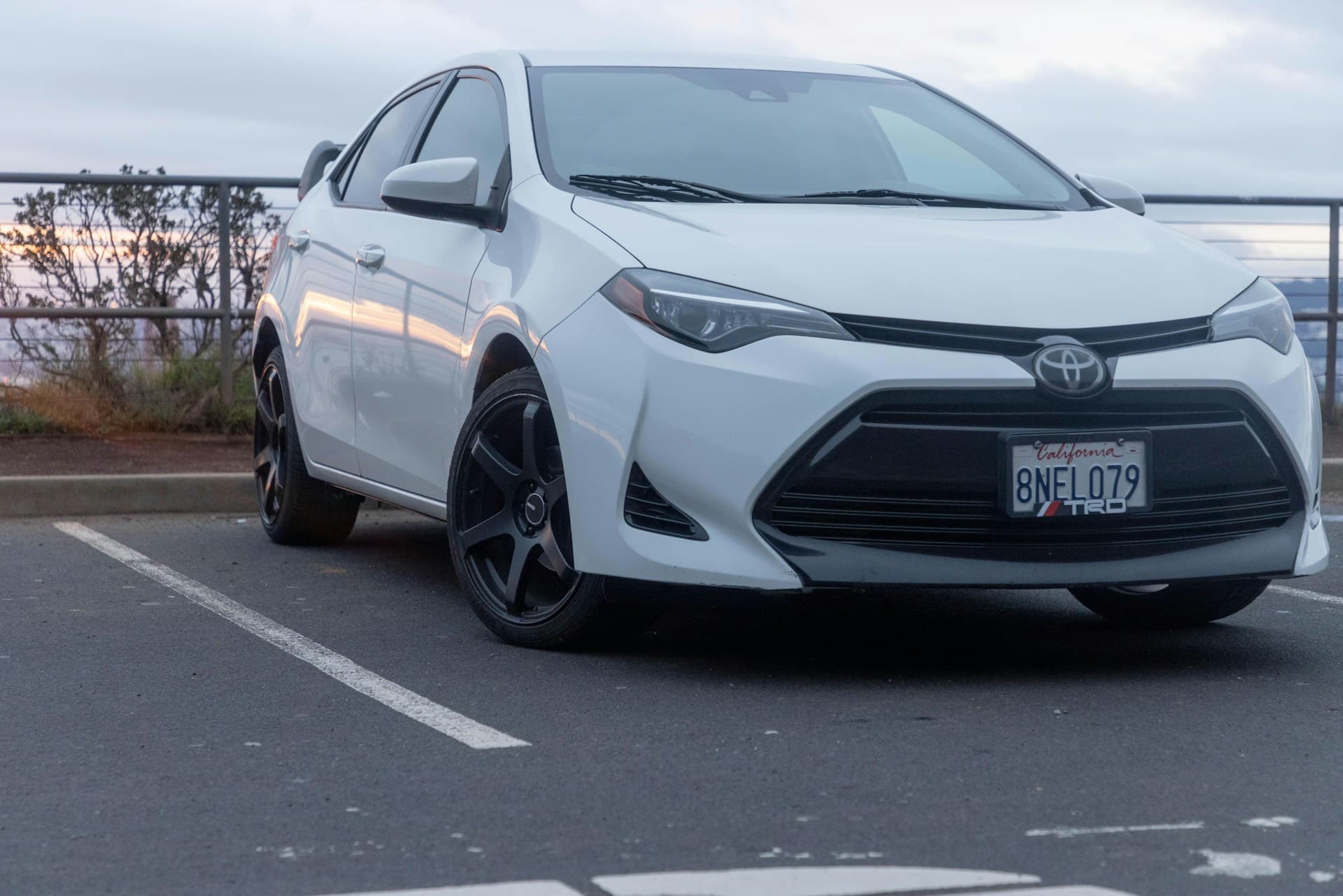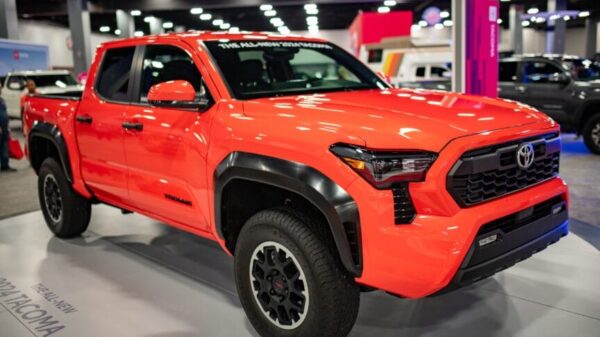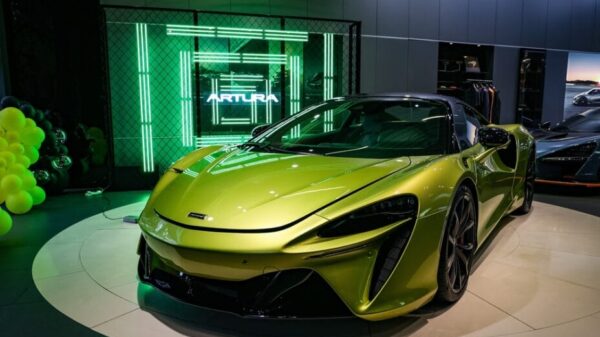The Toyota Prius has long been synonymous with hybrid technology, establishing itself as a frontrunner in fuel efficiency and practicality. While the conventional Prius continues to stand strong in the market, the question remains: does the plug-in hybrid variant, known as the Prius Plug-In Hybrid (PHEV), offer significant advantages worth considering? After spending a week with this model, I aim to unpack its merits and drawbacks to help you make an informed decision.
Understanding the Toyota Prius Lineage
The Toyota Prius was a trailblazer in the hybrid vehicle movement, capturing the attention of environmentally-conscious drivers since its introduction in the U.S. in 2012. The Prius Plug-In launched the same year as the first plug-in option, allowing drivers to leverage electric-only capabilities for approximately 11 miles. However, the initial iteration was hampered by limited battery range and performance issues.
Fast forward to the current generation, and the Prius PHEV has undergone a remarkable transformation, now sporting a striking design, enhanced performance, and a significant 220 horsepower from its 2.0-liter engine. With an impressive electric range of up to 44 miles and a 0 to 60 mph time of 6.4 seconds, the latest Prius PHEV caters to a driver’s desire for both efficiency and excitement. Additionally, with an EPA rating of 52 miles per gallon when not in electric mode, it remains competitive among hybrids.
Features and Value Proposition
For a base price of around $34,445, the Prius PHEV is a robust package for those seeking a modern vehicle. It comfortably seats five and boasts a generous cargo area, providing flexibility for everyday use—be it school runs or weekend getaways. The car comes equipped with an array of safety features and optional luxuries, such as a JBL sound system, cooled seats, and a surround-view camera—facets that elevate the driving experience.
Driving the Prius reveals significant improvements in both noise reduction and steering responsiveness compared to earlier models. While it may not compete with sportier hybrids like the Honda Civic or Accord Hybrid in twisty conditions, the Prius offers a commendable balance of comfort and driving engagement. The larger electric motor provides robust low-end power, while the vehicle’s seamless hybrid technology minimizes traditional driving inconveniences.
Practical Considerations
Although the PHEV version does sacrifice a little cargo space compared to the standard Prius—20.3 cubic feet versus 23.8—its hatchback design and foldable rear seats still make it exceptionally practical for various cargo needs. However, potential buyers should be aware that the unique shape of the cabin may pose challenges in achieving the ideal seating position for comfort and visibility.
Despite its numerous advantages, some features may detract from the driving experience. For instance, the button layout on the steering wheel may feel cumbersome, and the central dashboard could be perceived as ergonomically awkward. Additionally, the vehicle’s driver-assistance technologies, while helpful, can be inconsistent and may require some familiarization.
PHEV Versus Conventional Hybrid
While the Prius PHEV has a lot to offer, I believe the standard Prius might be a better fit for many. The simplicity and seamless nature of driving a conventional hybrid align well with the needs of most car buyers. The base model achieves incredible fuel efficiency—up to 57 miles per gallon—without the added complexity of managing a plug-in vehicle. Furthermore, PHEVs can introduce additional elements into the ownership equation, like charging infrastructure, which not all consumers may be prepared to handle.
Conclusion
In summary, the Toyota Prius PHEV marks a significant advancement in hybrid technology, showcasing improvements in design, efficiency, and driving performance. While it certainly stands out as one of the best plug-in hybrids available, the conventional Prius remains a compelling choice for many consumers, especially those who prefer a simpler, reliable vehicle. If you find yourself frequently needing to optimize charging capabilities or planning electric-only commutes, then the Prius PHEV could be the car for you. However, for those who operate primarily in typical driving conditions, the standard Prius efficiently meets the demand while simplifying the ownership experience.
Image Source: Unsplash




